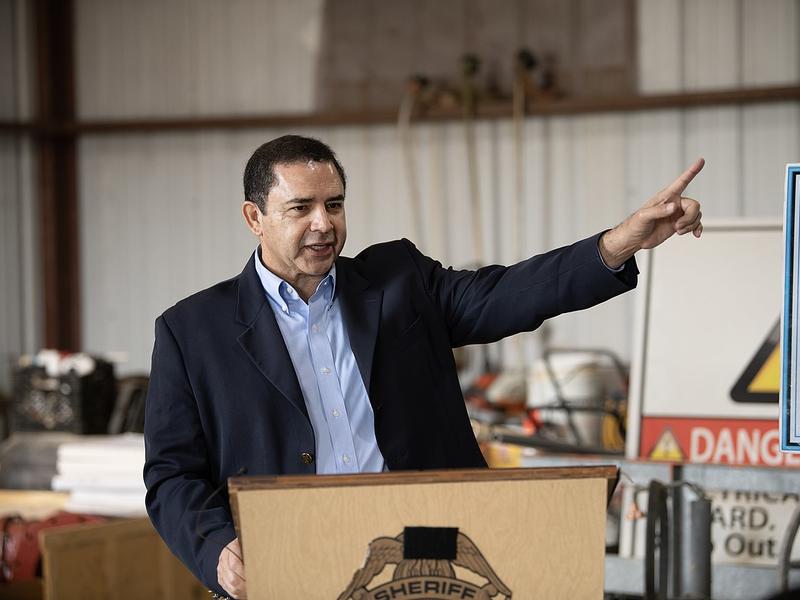
The more things happen, the more convincing is the view that 35 percent of the electorate is made up of President Trump’s hard base, 45 percent is the equally adamant opposition, and the remaining 20 percent is in the middle. Too many seem obsessed with the Trump base, asking when it will collapse (the truth is, never). Or they are fixated on the anti-Trump forces that make up almost half of the electorate, and whether it will grow or diminish. But the reality is that this group is pretty fixed in size as well. About three-quarters have made their decisions, one way or the other.
The focus should be on that fifth in the middle. Who are they? What makes them tick? What is going on in their minds? Excellent questions all. They tend to be independents and moderates; no demographic characteristics really jump out. One reason that they have not boarded either the Trump Train or joined the anti-Trump forces in the streets is that they don’t think about politics very much—they don’t follow it, they don’t watch cable news, they don’t read newspapers, and if they watch local news, it is as much for the weather and sports as for the news. If they had thought much about these things, they would have chosen up sides by now.
In terms of the president, they are cross-pressured. They may not be terribly fond of him personally or his style or all of his policies, but they have liked the economy and they tend to not like traditional politicians or the inside-the-Beltway crowd. They see Trump as saying what’s on his mind (whether he should or not), unlike normal politicians. The fact that the career politicians either hate him or are afraid to tangle with him is a positive, but they do wonder whether that prevents him from being effective. His grades on “playing well with other kids” are not good. The erratic style, the inability to stay focused on anything, and most of all, the chaos that seems to surround Trump, his White House, and administration is starting to either cause concern or wear on them.
They occasionally wonder whether it is time to get off this carnival ride, even if it seemed like an interesting idea back in 2016. For some who did vote for him, it was that the alternative was Hillary Clinton. At least right now, it is more up or down on him, at least until Democrats have a nominee.
The concept of Trump Fatigue is not relevant at all to either the Trump base or the Trump opposition. But it is to this quintile that is likely to decide this election. No matter which poll you look at, it isn’t just that more disapprove than approve; the number who strongly disapprove of him greatly exceed those who strongly approve, by a ratio of almost 1.5 to 1.
Trump will need to win between two-thirds and three-quarters of that middle 20 percent to be reelected. What that also means is that whoever the Democratic nominee is, if they just get a quarter or a third of that swing vote, that is likely to be enough to deny Trump 270 electoral votes. Considering that a Republican is very likely to do better in terms of the Electoral College than the popular vote, a Democrat needs to win by at least 2 or 3 points to be reasonably sure of victory. That is still a very tall order when you consider how narrow the Trump base is, and how disinclined he is to talk to those outside his base, as if they don’t exist.
Back in 2016, some of these swing voters liked the idea of electing a businessperson as president; after all, someone with a business ought to know more about how the economy works and how to create jobs than a career politician, right? But with the economy slowing down, with the sugar high from the tax cut now wearing off, does that unique selling proposition of having a businessperson at 1600 Pennsylvania Avenue still work? If the economy is only growing at a 2 percent rate at best next year, will that benefit of the doubt still apply?
America First seemed like an attractive idea to these voters back in 2016, but they sense that the United States is getting more isolated, and they wonder about this idea of currying favor with our adversaries while trashing our friends, or at the very least, making life very difficult for them. While they had grown tired of America as the global policeman, they did like it that we were the world leader. The world is seeming to be a scarier place than it was two years ago. They wonder whether Trump really is on top of this foreign policy thing. Does he know what he is doing? Maybe it matters after all.
Increasingly, it looks like it is going to come down to whether Democrats come up with an acceptable alternative. Does the person they nominate seem to be a greater or lesser risk than the person in the White House today? The standard for these swing voters is not that the Democrat needs to be Mount Rushmore material, but should at least seem plausible and not threatening. That may well matter more than anything else.
This story was originally published on nationaljournal.com on April 5, 2019


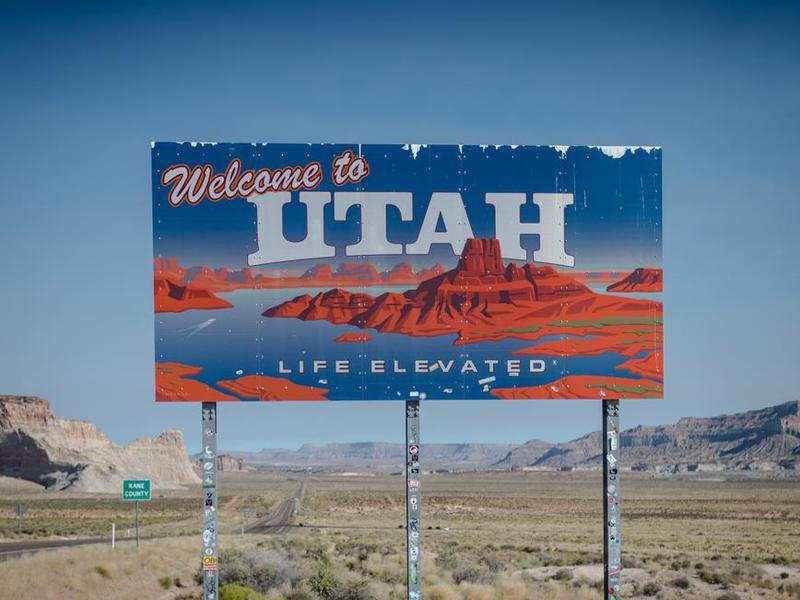

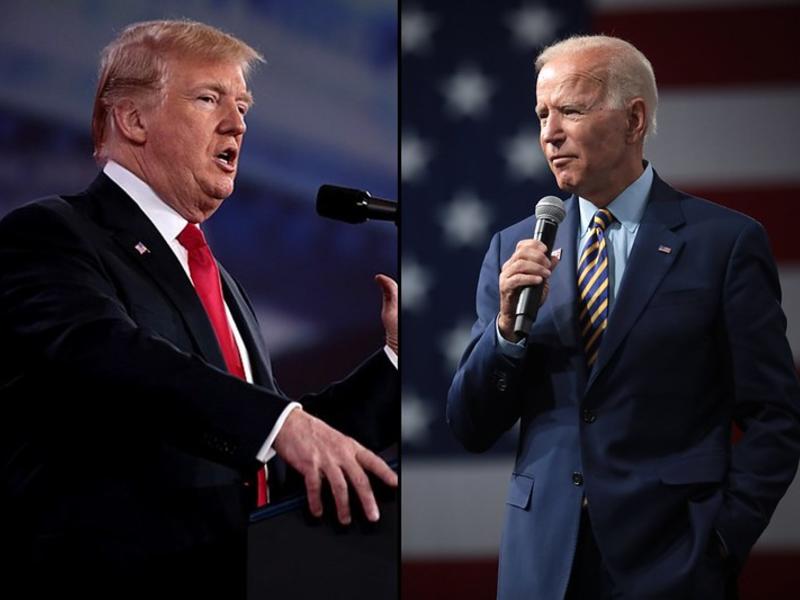
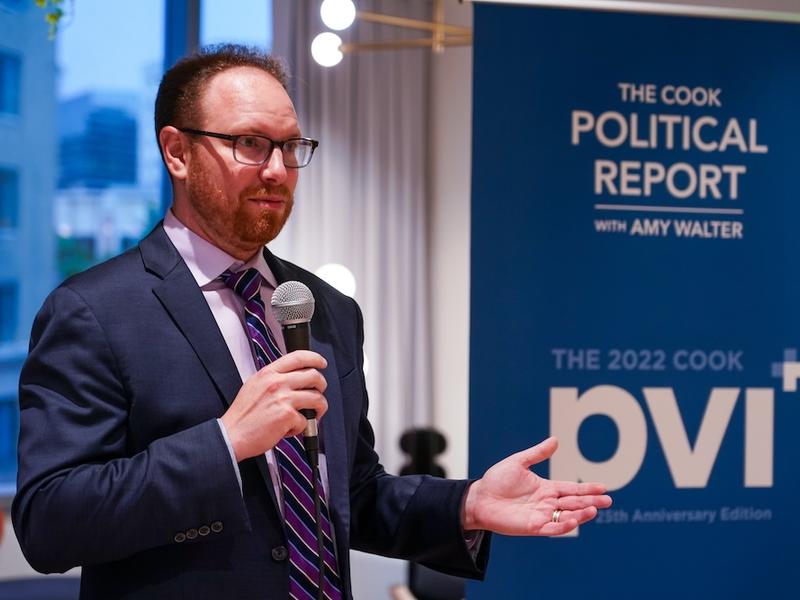

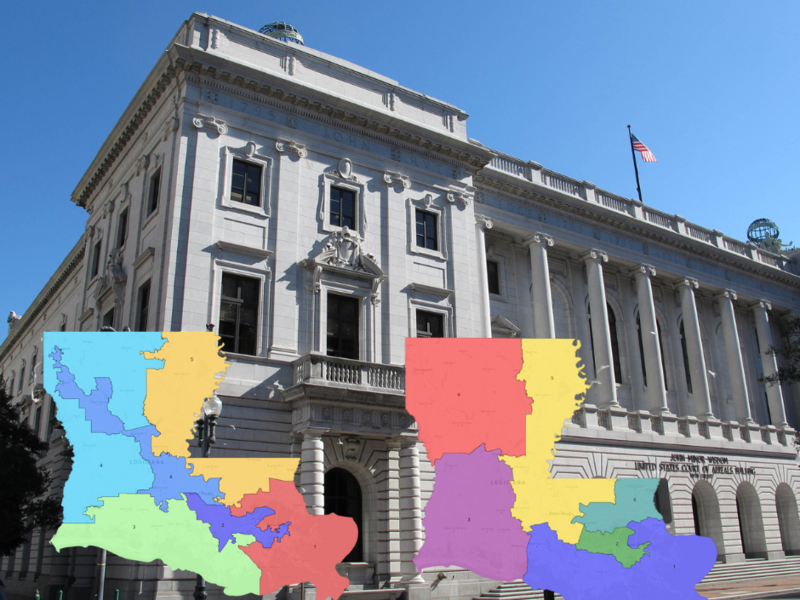
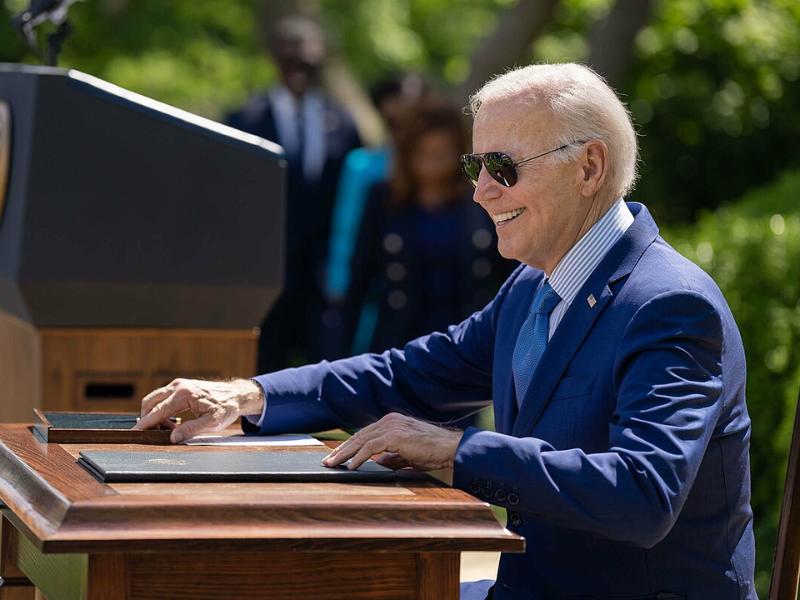

Subscribe Today
Our subscribers have first access to individual race pages for each House, Senate and Governors race, which will include race ratings (each race is rated on a seven-point scale) and a narrative analysis pertaining to that race.